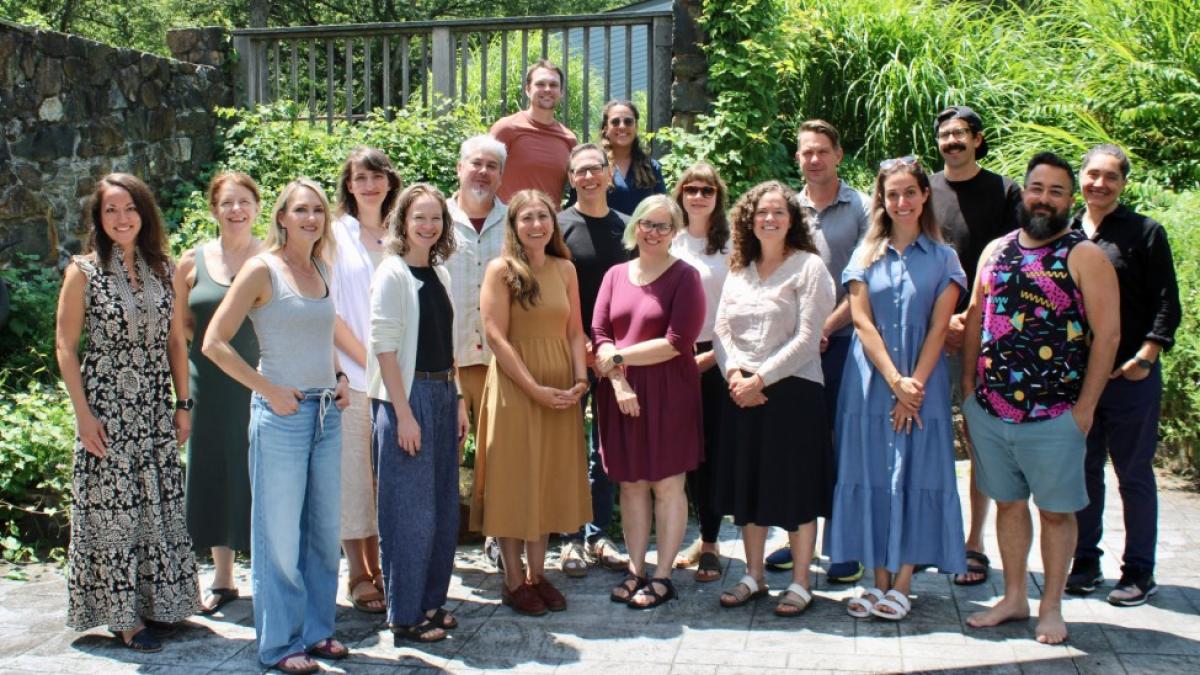Over the course of three days, the Environmental Law Collaborative (ELC) convened in Briarcliff Manor, New York to discuss “Blue Sky Thinking in a Red Sky World.” The ELC comprises a rotating group of law professors who assemble every other year to think, discuss, and write on an important and intriguing theme in environmental law. This year, the group focused on how to think optimistically and proactively about environmental protection when so much is going so quickly in the opposite direction.
The 'Realness' Key to Compelled Passcode Production
In his article, The 'Realness' Key to Compelled Passcode Production, published in the Journal of Criminal Law & Criminology (Vol. 115, 2025), Pace Haub Law Visiting Assistant Professor Gabriel Pell offers a novel framework for applying the Fifth Amendment’s Foregone Conclusion exception to compelled passcode entry. At the heart of the article is a key question: when the government forces someone to unlock a phone, are they permissibly being compelled to produce real evidence that exists outside of their mind—or are they revealing the contents of their mind in violation of their privilege against self-incrimination?
Drawing on the “act of production” doctrine, Professor Pell argues that where the average user experiences their passcode as something that exists outside of their mind, courts can conceptualize the passcode stored within a given device or the unlocked device itself as the 'real' evidence produced through compelled passcode entry. This conceptual shift can resolve a national split in authority among courts while protecting targets from compelled revelation of mere memorized information.
“[T]he government need not demonstrate pre-production knowledge of the contents of a locked device to satisfy the Foregone Conclusion exception,” Professor Pell writes, challenging assumptions some courts have made about the application of this paper-based doctrine to passcodes in the digital era.


